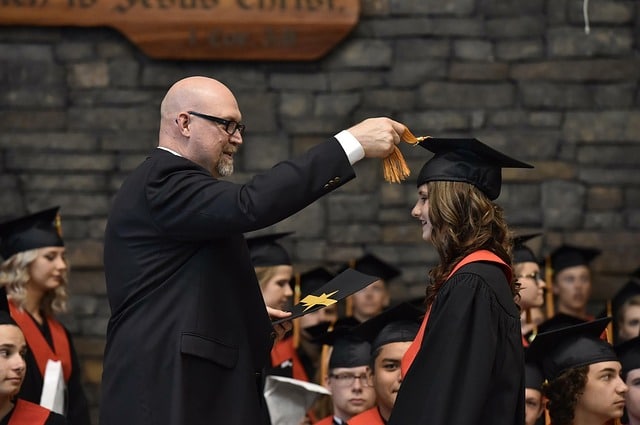
Two people have homologous roles when they perform the same function.
Homologue is a concept that comes from the Latin homologus , although its most distant etymological origin is found in the Greek language. It is an adjective that refers to that which has homology .
Homology , for its part, is a type of relationship that can occur in various areas and that implies parity or similarity. Two people who maintain a homologous relationship, therefore, perform the same function but in different contexts.
For example: “The French chancellor met with his German counterpart to discuss the bill” , “I cannot accept that a fellow executive earns twice as much as me” , “We cannot waste any more time: tell the sergeant to contact his Iranian counterpart and to negotiate an exit before it is too late.”
Homology in biology
In the field of biology , homology is the link of correspondence maintained between those parts that, in different organisms, have the same origin but that develop a different function.
This means that these organic parts are homologous when they share the evolutionary origin but are present differently in different species . The limbs of gnathostome vertebrates are homologous, even if they are a dog, a shark or a seagull.
Other homologous links
In biochemistry , molecules (or part of them) that have an analogous origin and function but are different maintain a correspondence link that is also defined as homologous.
For geometry , homology is the relationship established by those sides that are located in the same order in all figures that are classified as similar.

The recognition of studies can be important when a person wants to settle in a foreign country.
The concept in studies
When you want to travel abroad and continue your studies, whether primary, secondary or university, you must complete a procedure known as homologation and validation . It is about ensuring that the subjects taken up to the time of the change of country, or the diplomas and titles obtained, are analyzed to establish an official equivalence between the educational systems of both nations.
The process of homologation of studies and degrees is relatively simple, always depending on the country of destination and the existing international agreements, but in some cases it requires certain additional steps, which generally include the translation of all documents into another language. . This represents an increase in the total price, but also in the time needed to complete it. Although it is possible to have it done by a person authorized by the holder, or to do it abroad by going to the corresponding consulate, it is advisable to do as much as possible before traveling.
A very common problem related to continuing studies abroad is the confusion of the start dates of classes, especially when changing hemispheres. Furthermore, the consulate of the country of origin will not always be found in the destination city; It is very common for their offices to be located in the most important points of the national territory, and it is essential to know them before embarking. If you travel with little money, it is not easy to pay for train tickets to carry out a procedure that will inevitably entail other expenses. Although the monetary aspect is not an inconvenience, if one is working, it is not easy to be absent for one or more days shortly after entering the country.
Finally, many times the information received before traveling, through family or friends, is very far from reality, regardless of the good will of those who provide it. Therefore, the best advice is always to contact the foreign educational center directly to find out the specific requirements.
